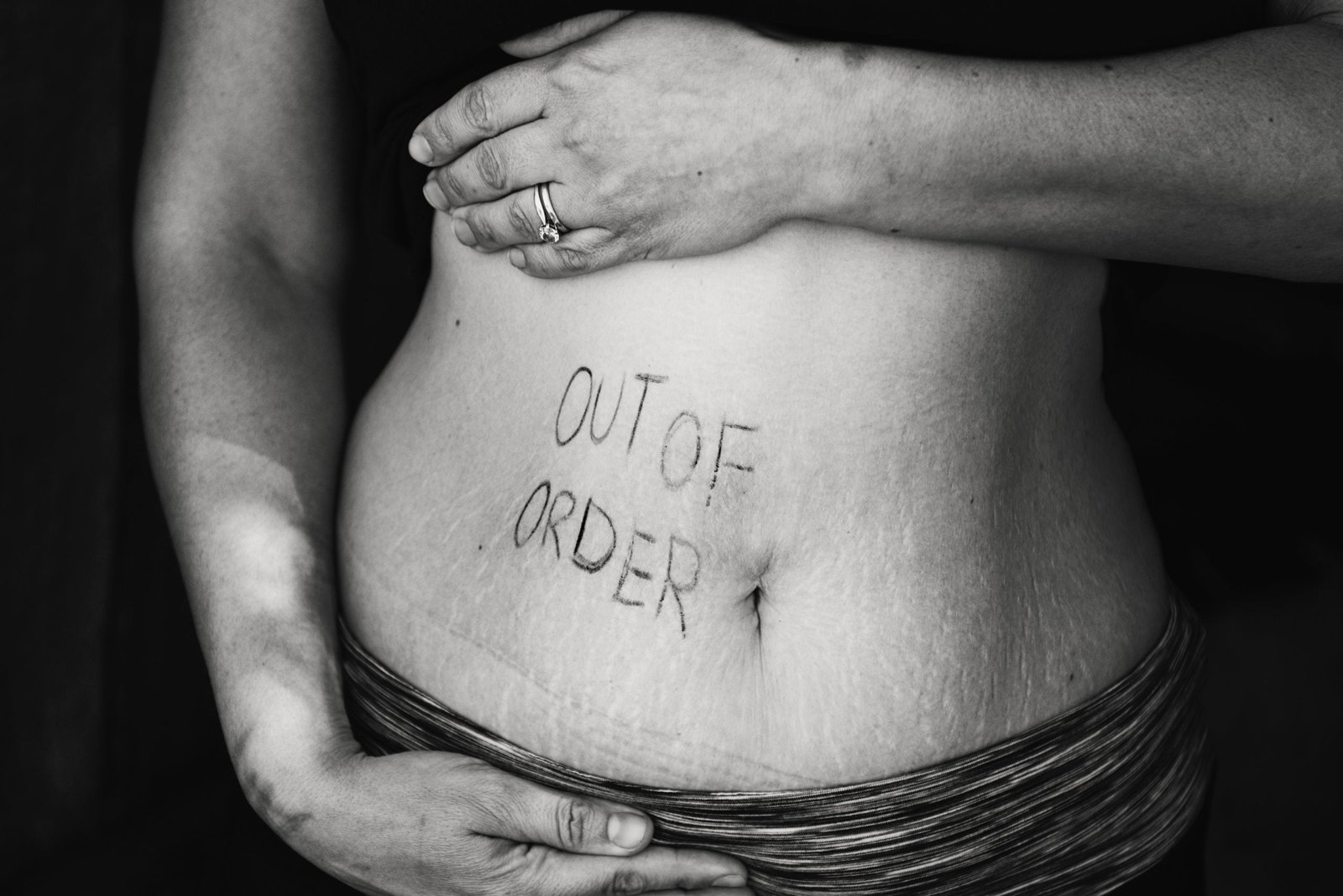
Managing Diarrhoea, Here are some useful tips.
Diarrhoea affects most people from time to time and is usually nothing to worry about. However, it can be distressing and unpleasant until it passes, which normally takes a few days to a week.
The excessive loss of water in your poo can also sometimes lead to symptoms of dehydration, which can be serious if it’s not recognised and treated quickly.
When to seek medical advice
Babies :You should contact doctor if your baby has had six or more episodes of diarrhoea in the past 24 hours, or if they’ve vomited three times or more in the past 24 hours. You should also seek advice if your baby has any symptoms of dehydration.
Children had six or more episodes of diarrhoea in the past 24 hours
diarrhoea and vomiting at the same time
watery poo
blood in their poo
a severe or continuous stomach ache
symptoms of dehydration
Adults
There’s blood in your poo
you’re vomiting persistently
you’ve lost a lot of weight
you’ve passed a large amount of very watery diarrhoea
it occurs at night and is disturbing your sleep
you’ve recently taken antibiotics or been treated in hospital
you have symptoms of dehydration
your poo is dark or black – this may be a sign of bleeding inside your stomach
You should also contact your doctor if you have persistent diarrhoea. Most cases in adults will pass in two to four days.
Causes of diarrhoea :There are many different causes of diarrhoea, but a bowel infection (gastroenteritis) is a common cause in both adults and children.
Gastroenteritis can be caused by: a virus – such as norovirus or rotavirus
bacteria – such as campylobacter or Escherichia coli (E. coli), which are often picked up from contaminated food
a parasite – such as the parasite that causes giardiasis, which is spread in contaminated water These infections can sometimes be caught during travel .This is known as travellers’ diarrhoea.
Diarrhoea can also be the result of: anxiety, a food allergy, medication a long-term condition, such as irritable bowel syndrome (IBS) Consult your doctor to be sure what led to chronic diarrhoea and get evaluated.
Treating diarrhoea
Most cases of diarrhoea clear up after a few days without treatment. However, diarrhoea can lead to dehydration, so you should drink plenty of fluids until it passes. It’s very important that babies and small children don’t become dehydrated. Use an oral rehydration solution (ORS) if you or your child are particularly at risk of dehydration. You should eat solid food as soon as you feel able to. If you’re breastfeeding or bottle feeding your baby and they have diarrhoea, you should try to feed them as normal. Stay at home until at least 48 hours after the last episode of diarrhoea to prevent spreading any infection to others. Medications to reduce diarrhoea, such as loperamide, are available. However, these aren’t usually necessary, and most types shouldn’t be given to children. Do not take these tablets without consulting a doctor
Preventing diarrhoea: Diarrhoea is often caused by an infection. You can reduce your risk by making sure you maintain high standards of hygiene. For example, you should:
1. Wash your hands thoroughly with soap and warm water after going to the toilet and before eating or preparing food
2.Clean the toilet, including the handle and the seat, with disinfectant after each bout of diarrhoea
3. Avoid sharing towels, flannels, cutlery or utensils with others wash soiled clothing and bed linen separately from other clothes and at the highest temperature possible – for example, 60C or higher for linen – after first removing any poo into the toilet
Traveller’s diarrhoea It’s important to practise good food and water hygiene while travelling such as avoiding potentially unsafe tap water and undercooked food.
Rotavirus vaccination :Rotavirus is a virus that commonly causes diarrhoea in children. A vaccine that helps protect children against rotavirus is now part of the routine childhood vaccination schedule. This vaccine is given as a liquid that’s dropped into a baby’s mouth. It’s given in two doses, with the first given at two months and another at three months.
Join the mailing list!
Get the latest articles delivered right to your inbox!